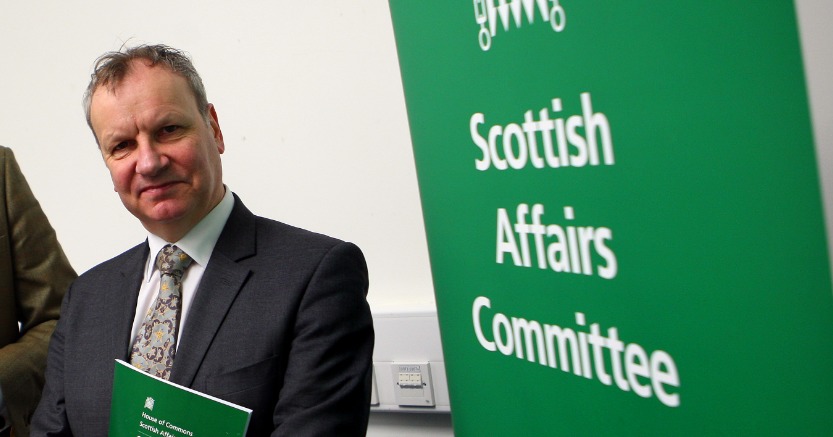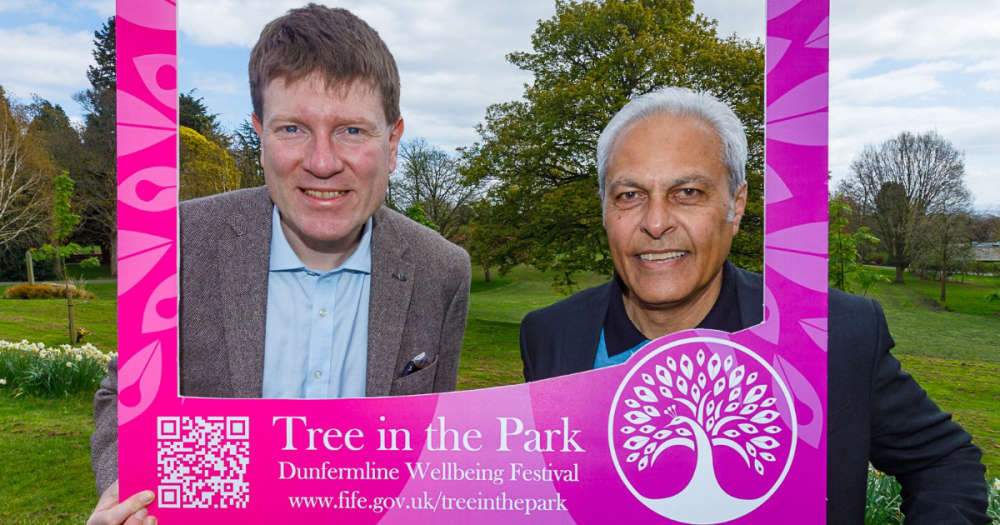
An interim report by the Scottish Affairs Committee at Westminster has expressed concerns over the long-term future of intergovernmental working between the UK and Scottish governments - as the coronavirus pandemic has cast doubt on the suitability of existing intergovernmental structures.
The report, which focuses on intergovernmental working during the pandemic, describes the "unprecedented coordination" between the UK nations through the "four-nations approach".
It paints a picture of a collaborative approach in the early stages of the crisis, citing the UK-wide Joint Action Plan, the Coronavirus Act and UK-wide procurement of PPE as high watermarks.
However, the committee heard how mixed messaging and policy divergence happened "almost by accident" after key intergovernmental forums coordinating the Covid response ended as lockdown measures were eased, beginning with a Boris Johnson’s address on May 10.
The speech, announcing an easing of measures and a change of message from ‘Stay at Home’ to ‘Stay Alert’, was broadcast UK-wide without stating the changes that only applied to England. The committee has called on the UK Government to outline how it will address this.
The Committee was also "concerned" by the recent disuse of the bodies that had made the four-nations approach effective, namely COBRA meetings featuring Scottish and devolved ministers and ministerial implementation groups. It recommended that the UK Government outline how the priorities of the devolved nations will be incorporated into the proposed new coronavirus response bodies.
The report describes structures not keeping up with the pace of devolution and changes in ministerial communications. The Joint Ministerial Committee, unused throughout the pandemic, was "not fit for purpose" for the pandemic, the committee heard.
This calls into question how Scotland’s and the devolved nations’ priorities will be represented, and over the resilience and suitability of these structures in a crisis and for the future of intergovernmental relations, the report said.
The committee has recommended that the UK Government explains how it will incorporate these concerns into the ongoing review of intergovernmental relations.
Pete Wishart MP, chair of the committee, said: "The coronavirus pandemic has had a devastating impact on both Scotland’s health and economy. It is also profoundly affecting devolution as the response to the crisis reveals the pre-existing creaking mechanisms of intergovernmental.
"The overlapping responsibilities of policy areas operated by Westminster and Holyrood in the pandemic response make intergovernmental communication absolutely critical in effectively controlling the spread of the virus. This was the cornerstone of the ‘four-nation’ approach that served so effectively at the start of the crisis.
"But as the focus has shifted from containment to opening-up the economy we are concerned that the structures that made this possible have stopped.
"We heard that there is a ‘void’ in ministerial-level communication and which appears to have occurred around the time that some divergence and confusion in messaging began to emerge. Simple mistakes of not making clear which nations in which new policies apply must not be made again.
"Meanwhile the lack of clarity over what role, if any, Scottish and devolved decision-makers will play in new structures is a source of major concern.
"The early stages of the ‘four-nation approach’ demonstrate how effective engagement can be. So, we need more of it, not less. And it needs to be a permanent feature of the future of devolution.
"That voice at the table is essential in reaching effective clarity and coordination that can save lives, limit the suffering caused economically, and to provide a well-rounded recovery, leaving a more resilient devolution."
A spokesperson for the UK Government said: "We have confronted this virus as one United Kingdom and we continue to work closely with the devolved administrations to ensure our response works in the interests of the whole of the UK.
"Throughout this crisis there has been consistent and co-operative work, even though we may travel at slightly different speeds based on the scientific evidence.
"The Chancellor of the Duchy of Lancaster Michael Gove has regular engagement with the first ministers and has chaired over 40 committee meetings with the devolved administrations.
"Consistent contact has also taken place between officials throughout the pandemic.
"Where necessary we have made it clear to the public that different measures apply to different parts of the UK.
"The unprecedented package of support from the UK government also demonstrates how the strength of the union has helped us through this crisis.
"In Scotland, the UK Treasury has given £4.6 billion to the Scottish Government to help tackle the virus, supported almost 900,000 Scottish jobs, granted thousands of businesses loans and procured millions of pieces of PPE to protect frontline Scottish workers."
A Scottish Government spokesperson said: "We welcome the report and its recognition of the central role of devolved governments.
"We have been clear throughout that good communication and effective working between governments is vital in tackling the pandemic, and that a four nations approach can only work if all four nations are decision makers on equal terms.
"While the majority of the recommendations are for the UK Government, we will consider the committee’s report carefully."


 Closures on A92 from TONIGHT for roadworks
Closures on A92 from TONIGHT for roadworks
 Queensferry Crossing diversion trial a success
Queensferry Crossing diversion trial a success
 ‘Tree in the Park’ festival promotes wellbeing in Dunfermline
‘Tree in the Park’ festival promotes wellbeing in Dunfermline
 11°C
11°C
 14°C
14°C